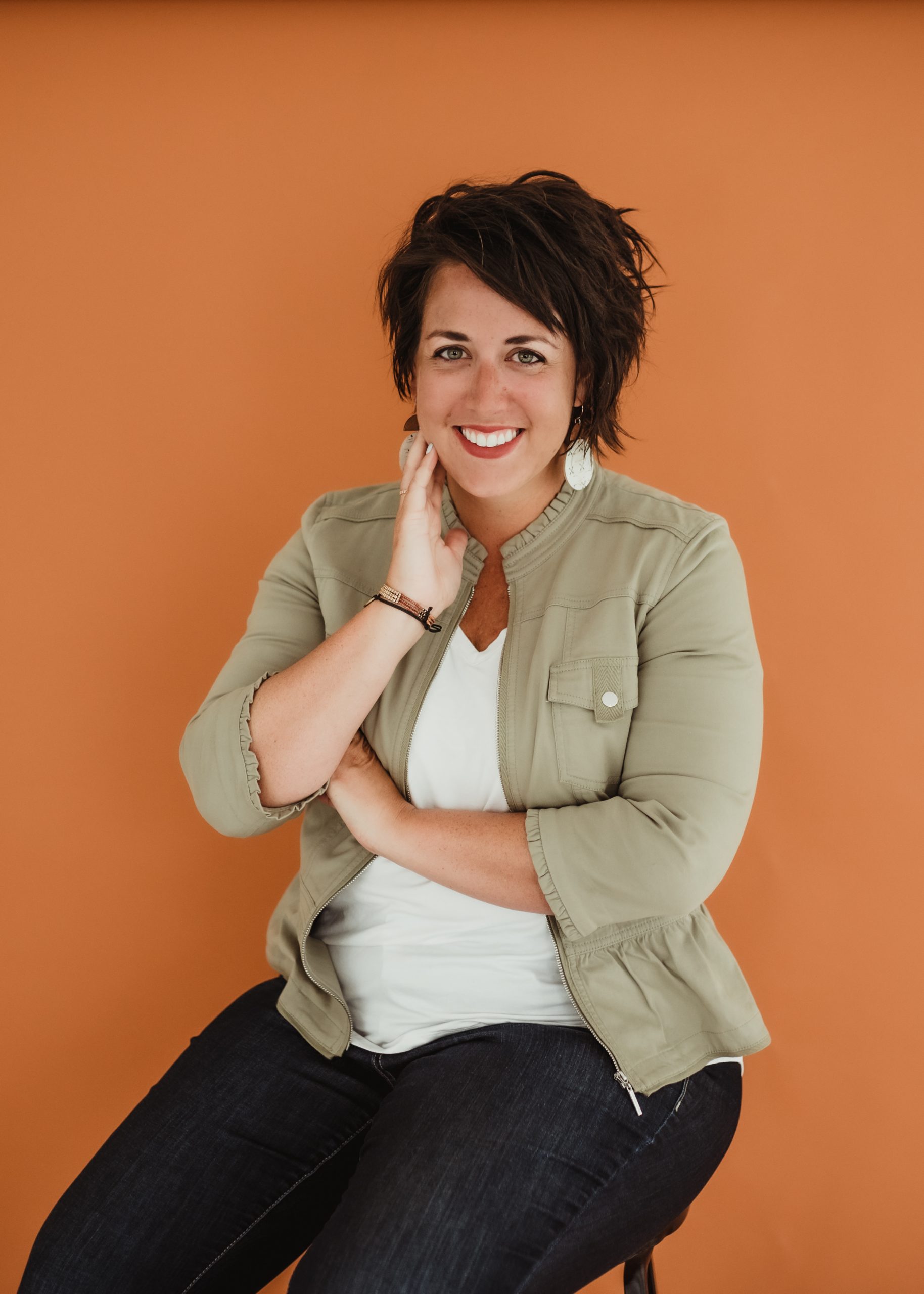
As a parent, it can be devastating to watch your child endure a traumatic experience, or even go through something that’s really tough for them. You might wonder what you can do to help, and for kids who aren’t sleeping well because of trauma, you might wonder if it’s impacting their physical and emotional health. But, some good news from researchers shows that Positive Childhood Experiences (PCEs) have the power to offset Adverse Childhood Experiences (ACEs), and even to improve kids’ sleep as a result (1). But first, what is an ACE?
The Impact of an Adverse Childhood Experience (ACE)
According to Harvard University, the more adverse childhood experiences (ACEs) a child has, the higher the chances are that they will develop heart disease, diabetes, and toxic stress as adults.
The following are considered ACE experiences, per AcesTooHigh, a nonpartisan news outlet dedicated to educating the public on ACEs and PCEs:
- Abuse, including physical, sexual and verbal
- Neglect, including physical and emotional
- Incarcerated family member
- Family member addicted to alcohol or drugs
- Family member suffering from depression or other mental illness
- Watching mother suffer abuse
- Loss of parent, including separation or divorce
- Racism
- Being bullied
- Living in the foster care system
- Living in war zone or unsafe neighborhood
- Gender discrimination
- Watching a sibling be abused
- Family member is deported
“Research shows that traumatic childhood events, specifically things like parental separation or divorce, physical abuse, and emotional trauma — including from environmental factors like poverty, community violence, and racism — can have significant negative, long-lasting effects on our bodies and minds,” says Dr. Rahil Briggs, a child psychologist, the National Director of HealthySteps, and Clinical Professor of Pediatrics and Psychiatry at Albert Einstein College in New York.
“These events, often referred to as adverse childhood experiences, or ACEs, are common. Almost half of children (45 percent) have experienced at least one ACE, and 21 percent have already experienced two or more.” She says other definitions of ACEs include more community factors.
The Potential Protection From PCEs
Parents who are worried about a child who has one or more ACEs might be reassured to know that PCEs matter too. In the recent study on sleep and PCEs, researchers concluded that for emerging adults, PCEs had a “protective factor,” shielding them from adverse effects of ACEs in relation to persistent insomnia. But, for those who had four or more ACEs, it wasn’t as helpful.
PCEs have long been helpful in offsetting the impacts of ACEs. A 2021 study found that greater family connections can positively impact a flourishing adult, even if they suffered adverse childhood experiences (2).
A 2020 study found that the more cumulative PCEs a juvenile offender had, the lower the percentage of reoffending, and a 2022 study found that lower PCEs in childhood led to a higher percentage of eating disorders, especially binge eating, amongst college-aged adults (3, 4).
According to the Child & Adolescent Health Measurement Initiative, PCEs include:
- “Feeling able to talk to their family about feelings
- Feeling their family stood by them in difficult times
- Enjoying participating in community traditions
- Feeling a sense of belonging in high school
- Feeling supported by friends
- Having at least two non-parental adults who take a genuine interest in them
- Feeling safe and protected by an adult in their home”
But, the above interactions shouldn’t be the only measures parents take for kids who have been through ACEs. “Children with trauma exposure should receive early childhood mental health services as needed,” Briggs says. “In addition to being attentive and providing consistent interactions that can buffer against the impact of trauma, it’s critical that caregivers are aware of their own mental health and well-being. They need the capacities to be attuned, consistently meet their child’s needs, and nurture healthy attachment — no easy feat.”
Michelle Felder, a psychotherapist, parenting coach, and Founder & CEO of Parenting Pathfinders in Queens, N.Y. hopes that by increasing their awareness of what ACEs are and the way that they impact children, parents and caregivers will gain a deeper understanding of the powerful role that they can play in mitigating the impact that ACEs have on kids. “Parents and caregivers can utilize this knowledge as motivation to create a safe, nurturing, and predictable home environment, and to realize the importance of helping their children to develop effective coping strategies to manage the stress that trauma creates,” she says.
Helping Kids With ACEs Sleep Better
Best practices for any kid who is struggling to sleep also apply to kids with ACEs, Briggs says, including:
- Keeping a regular routine. If you do the same activities with your child at naptime and bedtime, it can help everyone relax and your child settle into sleep. You can think of it as the four B’s: bath time, brush teeth/wipe gums, read a book, go to bed. Having consistent bedtime and wakeup times is also important.
- Staying active during the day. Whether it’s a walk through the park or around the block, a visit to the playground, or playing a sport together, try to make physical activity part of the family routine.
- Limit screen time, especially in the evenings. Research shows that light from screens keeps children (and adults) from feeling sleepy.
- Pay attention to the bedtime environment. Keep lights dim and noise levels low. The ideal temperature is cool, between the high 60s and low 70s. Beds should be a comfortable place for sleep, not play.
Felder also recommends:
- Incorporate relaxation strategies into your nighttime routine (e.g. breathing exercises, body scans, progressive muscle relaxation, guided imagery).
- Create a brave space for your child to share their anxieties or fears — having a chance to get some of their worries off of their mind and heart can help promote more restorative sleep.
- Spend some one-on-one time together during the day. Strengthening your connection with your child can help to foster a sense of security that can positively impact their sleep.
Felder adds that it can take time. “Be patient. The effects of ACEs run deep, and it can take time for a child to move through the impact that those experiences have had on their life.”
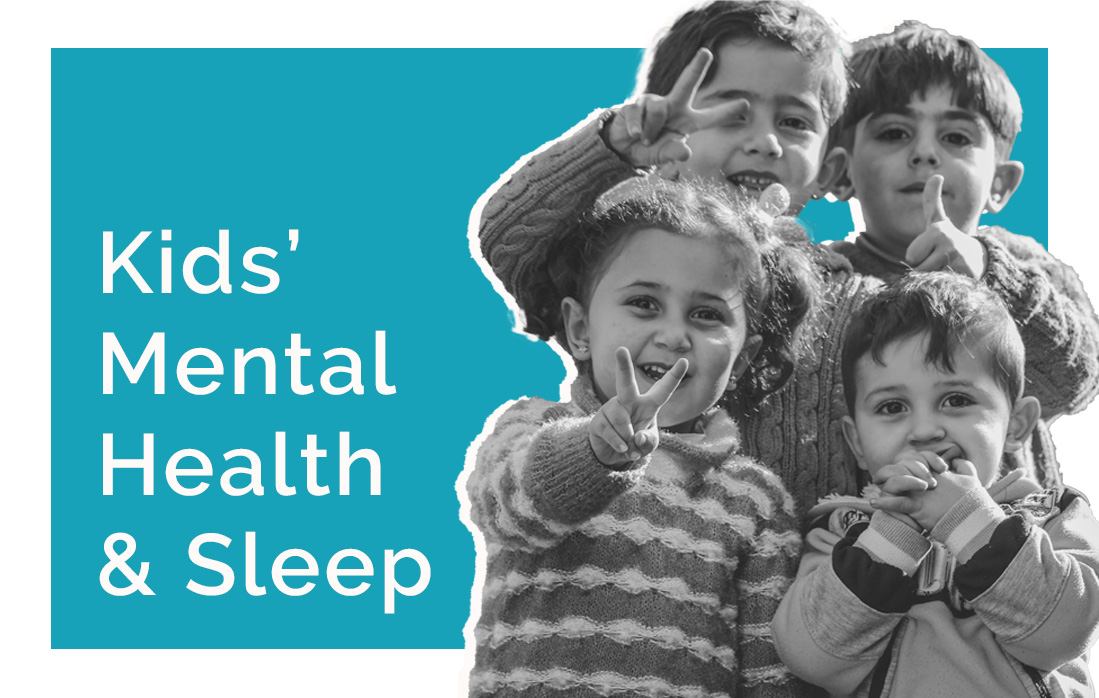
A Complete Guide to Kids’ Mental Health and Sleep
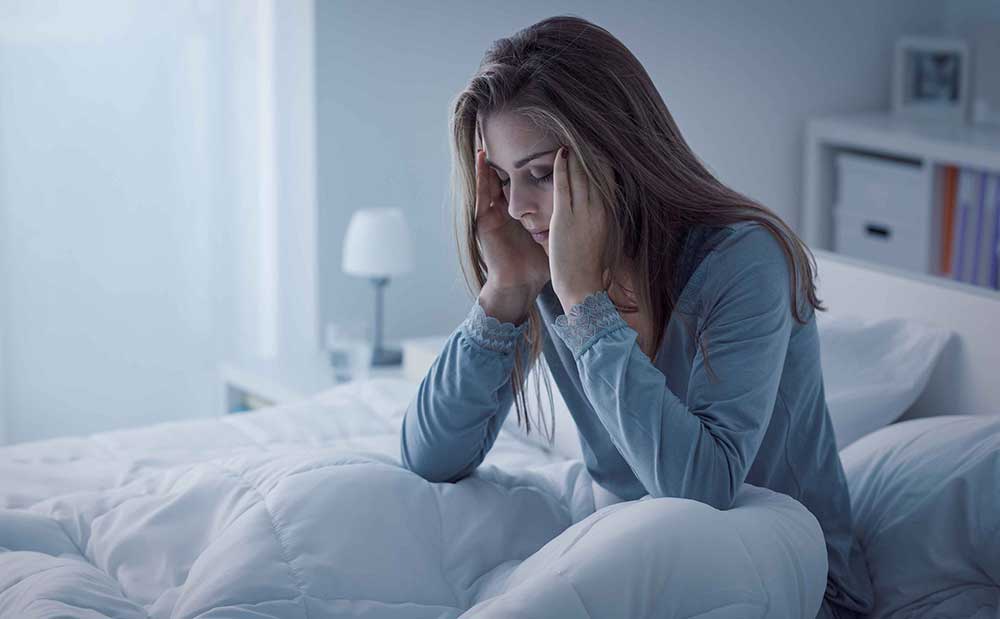
Manage Stress for Better Sleep
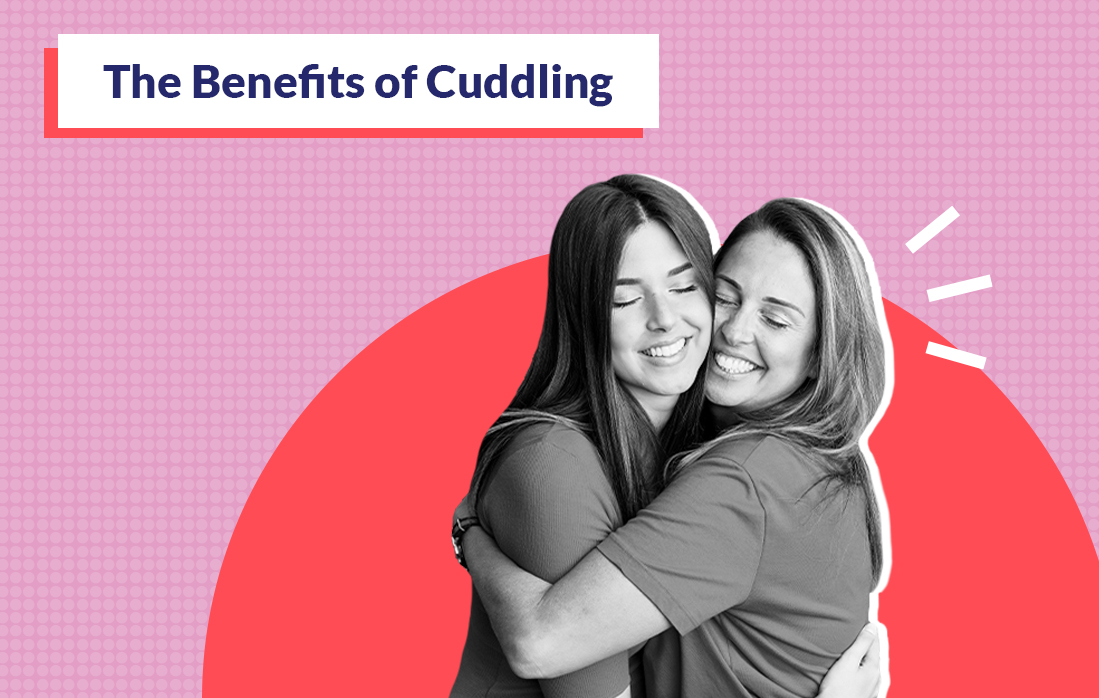
Cuddling Your Way to Better Health: The 5 Surprising Benefits
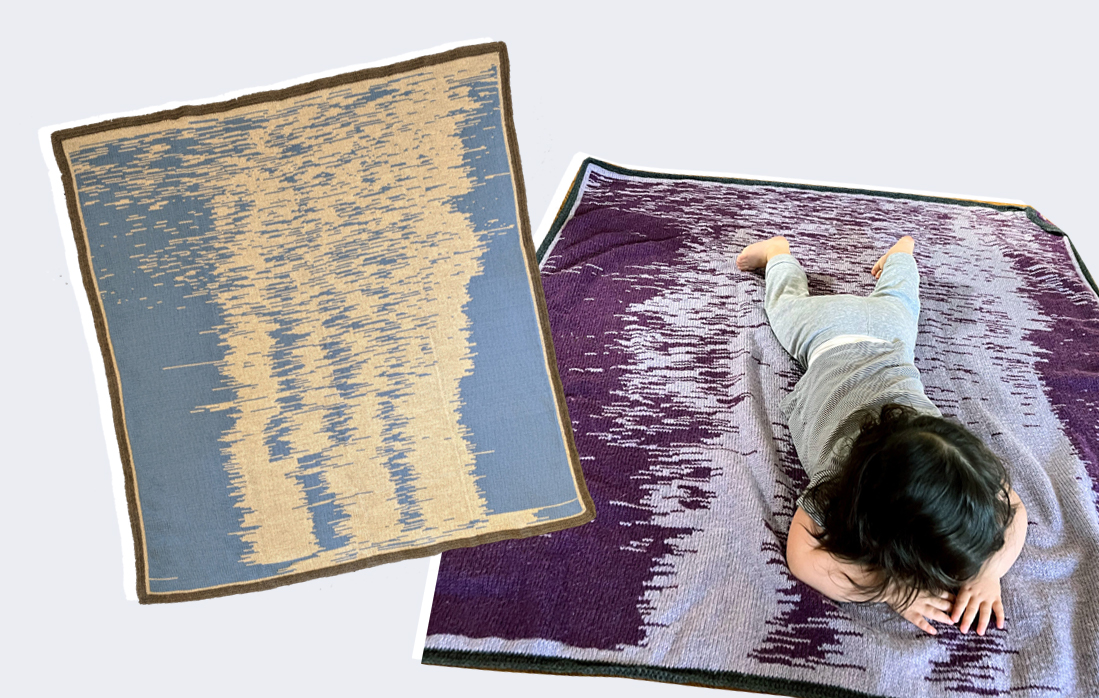
Dad Creates a Sleep Blanket To Track His Infant’s Sleep
Sources
1. Wu, MH., Chiao, C. & Lin, WH. Adverse childhood experience and persistent insomnia during emerging adulthood: do positive childhood experiences matter?. BMC Public Health 24, 287 (2024). https://doi.org/10.1186/s12889-024-17774-w
2. Whitaker, Robert C.; Dearth-Wesley, Tracy; Herman, Allison N.; “Childhood Family Connection and Adult Flourishing: Associations Across Levels of Childhood Adversity,” Academic Pediatrics; https://www.academicpedsjnl.net/article/S1876-2859(21)00138-8/fulltext; March 10, 2021.
3. Baglivio, M. T., & Wolff, K. T. (2021). Positive Childhood Experiences (PCE): Cumulative Resiliency in the Face of Adverse Childhood Experiences. Youth Violence and Juvenile Justice, 19(2), 139-162. https://doi.org/10.1177/1541204020972487
4. Solomon, Lori. “Lower Number of Positive Childhood Experiences Tied to Eating Behaviors in College Students,” Health Day; https://www.healthday.com/medical-news-licensing/mental-health/lower-number-of-positive-childhood-experiences-tied-to-eating-behaviors-in-college-students; November 28, 2023.
Briggs, Rahil. Author interview. February 2024.
Felder, Michelle. Author interview. February 2024.
